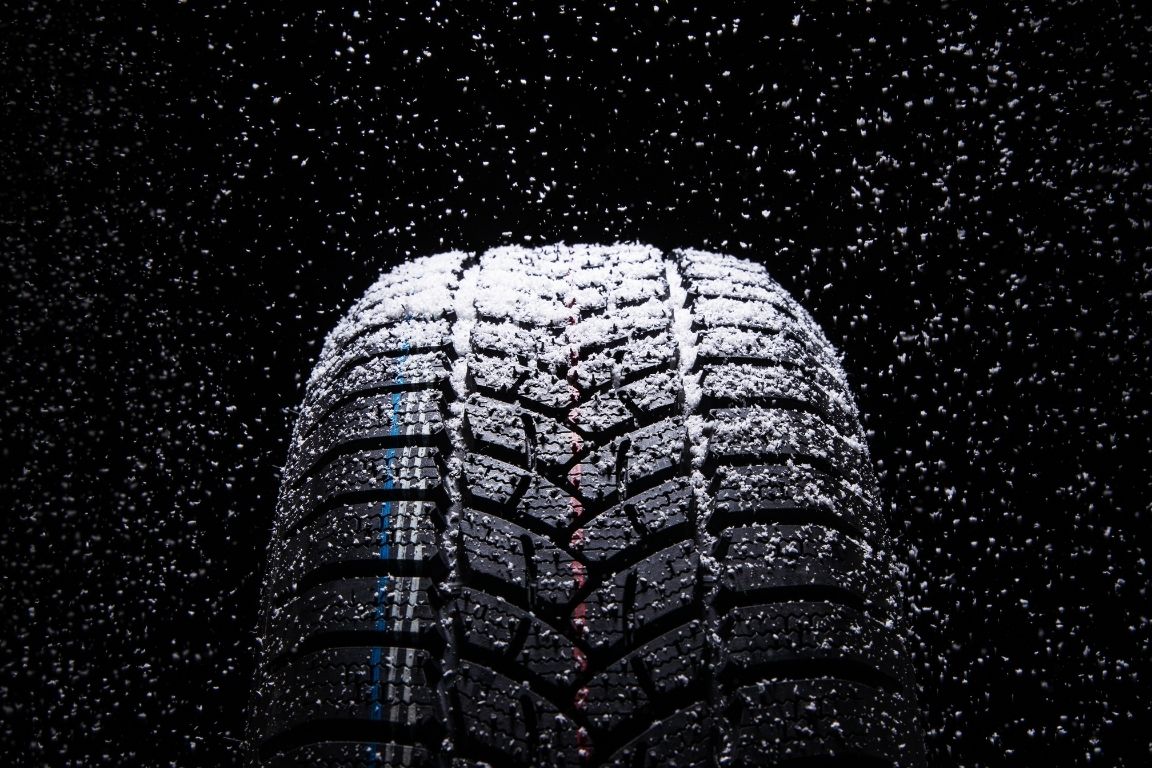With summer coming to a close and winter on the horizon, vehicle owners need to know how to prepare for the winter season. The cold, ice, and snow can play havoc with a car, whether it’s deteriorating components or leading to hazardous road conditions. Be ready for the harsher climate that winter brings and protect yourself and your car.
Make Sure Your Tires Are Ready
Traction is critical during the winter; the ice and snow make it significantly harder for your tires to maintain their grip on the road. During the spring, summer, and fall, your tires have months of wear and tear going into winter, which will lower the effectiveness of the traction. Check the tread depth of your tires and how deteriorated the rubber looks; it’s never a bad idea to switch out your tires for a fresh set once winter arrives.
You also need to be cognizant of your tires’ air pressure. Air particles condense during cold temperatures, decreasing the volume inside your tires; this can lead to the rubber unexpectedly separating from the rim due to a lack of air. Regularly check your tire pressure and fill it up when it gets too low.
Protect Your Car’s Paint and Exterior
Between the salt on the road, the potential for hail, and the buildup of snow, your car faces numerous external threats that can ruin its exterior. This does not just dull the paint, but it can also dent, scratch, and gouge your car’s body.
One of the advantages of ceramic coating is that it protects your car, adding a layer to absorb the blows and deterioration the paint and metal are subject to. Take the time before the weather turns bad to have someone apply a ceramic coating; it can last through the winter and prevent significant damage.
Make Sure Your Heater Is Still Functional
During the summer and most of the fall, it’s normal to drive with the AC turned on or the windows down; motorists don’t get much use out of a heater during summer. Because there is so much time between using the heater, you need to test it before the temperatures drop to freezing levels.
You don’t want to get caught in freezing temperatures without a means of heating up your body; this can put you in danger in the worst-case scenario. Make sure there is adequate air coming through the vents and that it is appropriately hot.
Prevent Long-Term Damage
Knowing how you can prepare your car for the winter allows you to prevent your vehicle from sustaining long-term damage. The snow and salt cause a lot of trouble, but taking the right measures beforehand eliminates many of the risks involved with driving in the winter.











